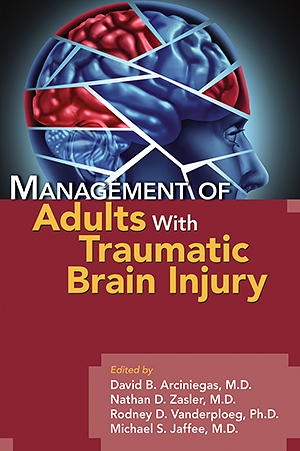Sections
Excerpt
The older adult or geriatric population includes individuals age 65 years and older. This is the traditional definition used in the federal statutes in the United States (e.g., for Medicare and Social Security eligibility). Although this age cutoff allows group comparison, an important consideration is that the traumatic brain injury (TBI) literature often reports differences in demographics and outcome across the age spectrum in a continuous rather than a categorical (i.e., old vs. young) manner (Englander et al. 2007).
Access content
To read the fulltext, please use one of the options below to sign in or purchase access.- Personal login
- Institutional Login
- Sign in via OpenAthens
- Register for access
-
Please login/register if you wish to pair your device and check access availability.
Not a subscriber?
PsychiatryOnline subscription options offer access to the DSM-5 library, books, journals, CME, and patient resources. This all-in-one virtual library provides psychiatrists and mental health professionals with key resources for diagnosis, treatment, research, and professional development.
Need more help? PsychiatryOnline Customer Service may be reached by emailing [email protected] or by calling 800-368-5777 (in the U.S.) or 703-907-7322 (outside the U.S.).



